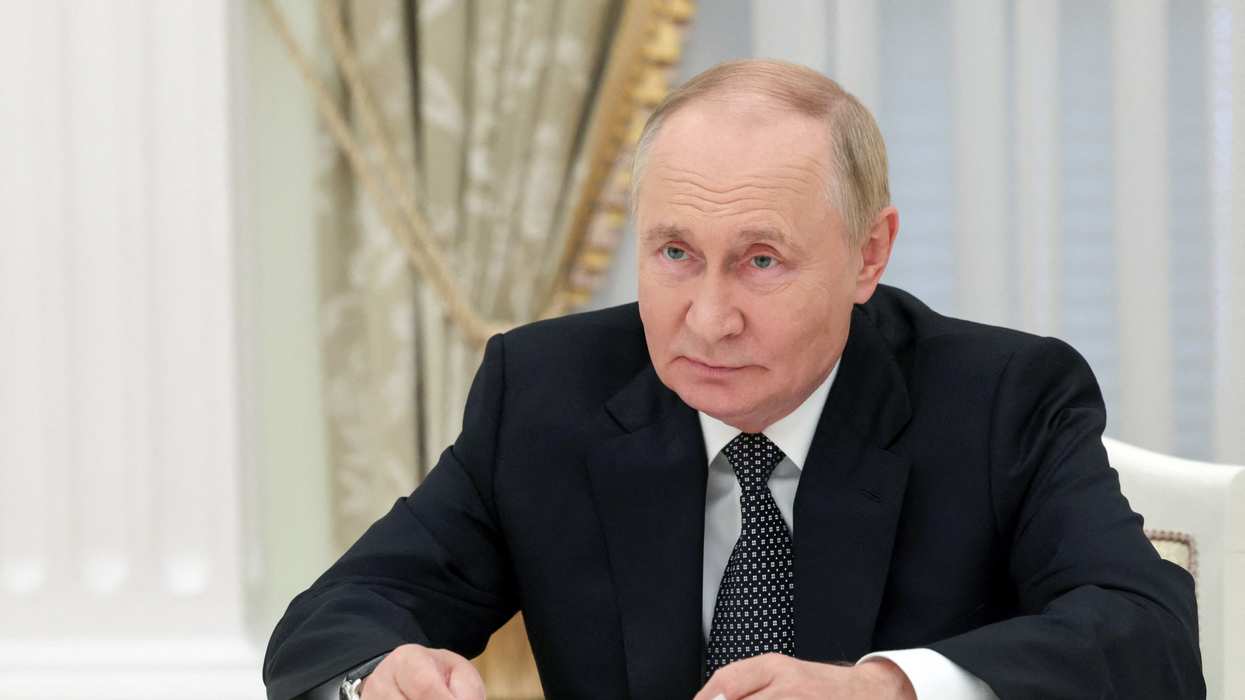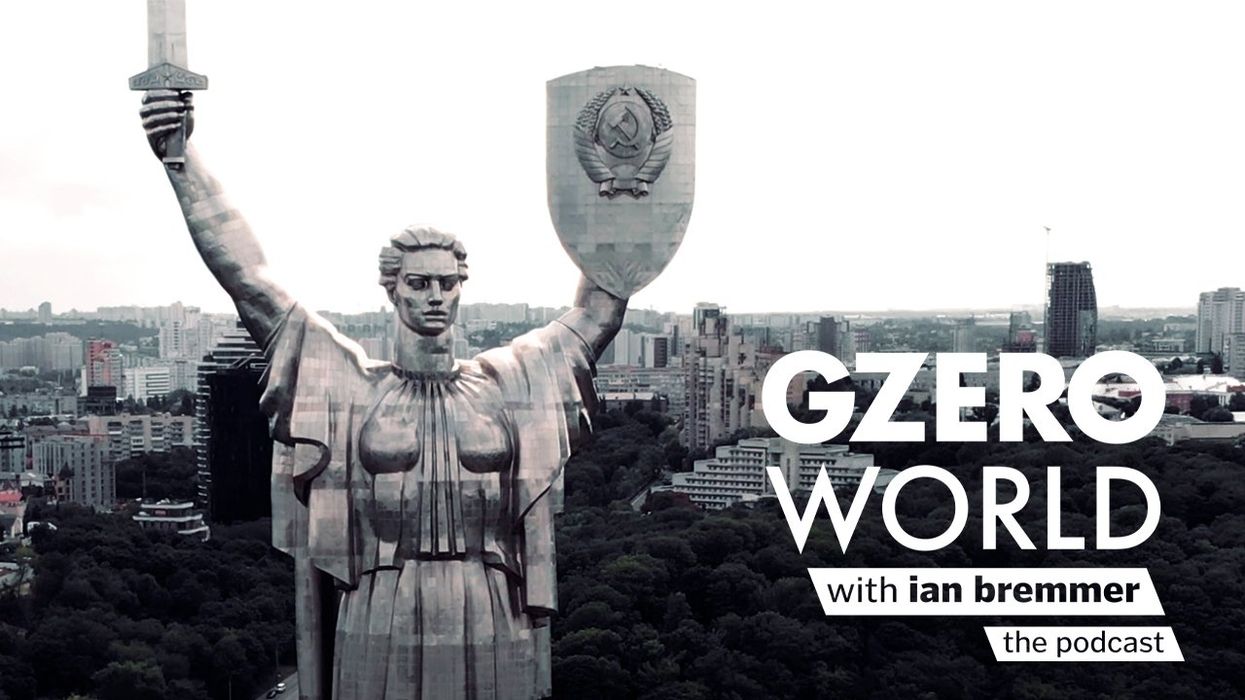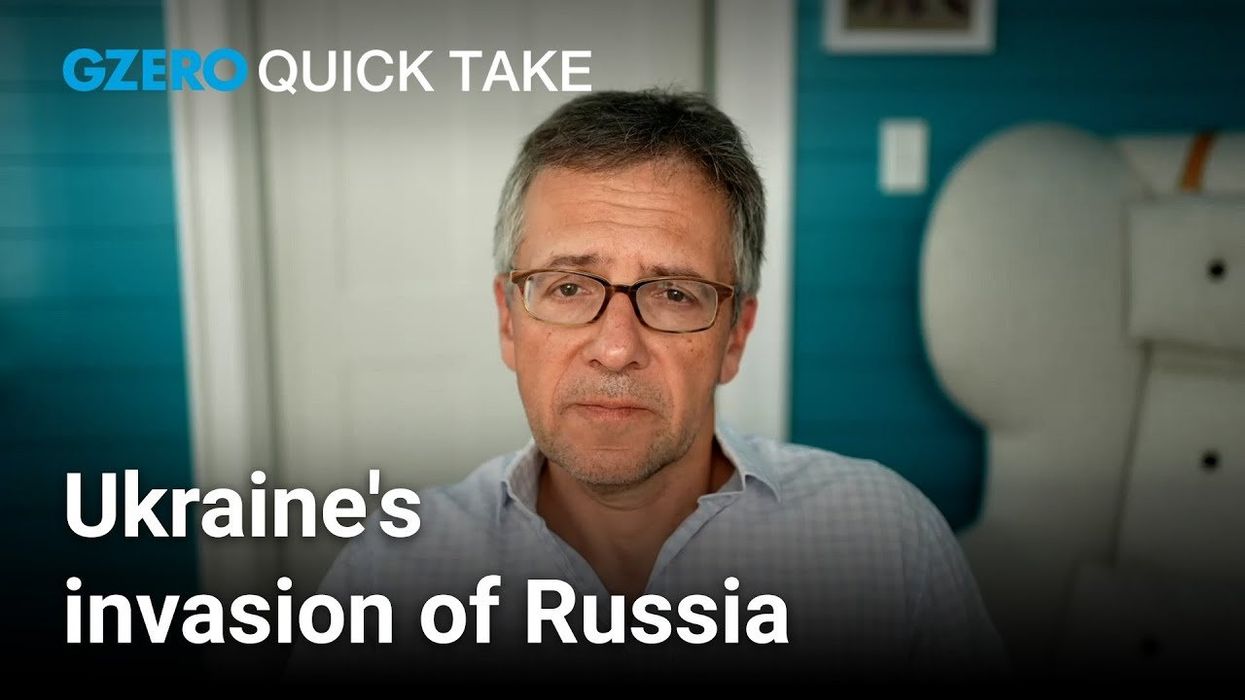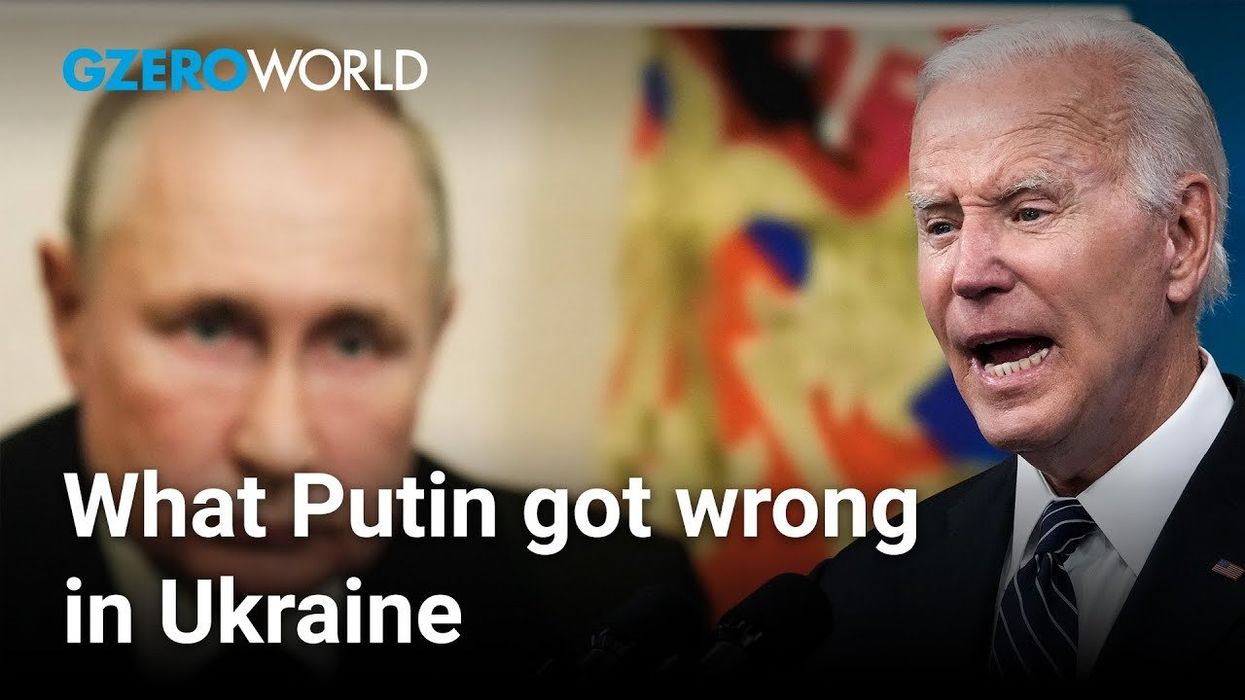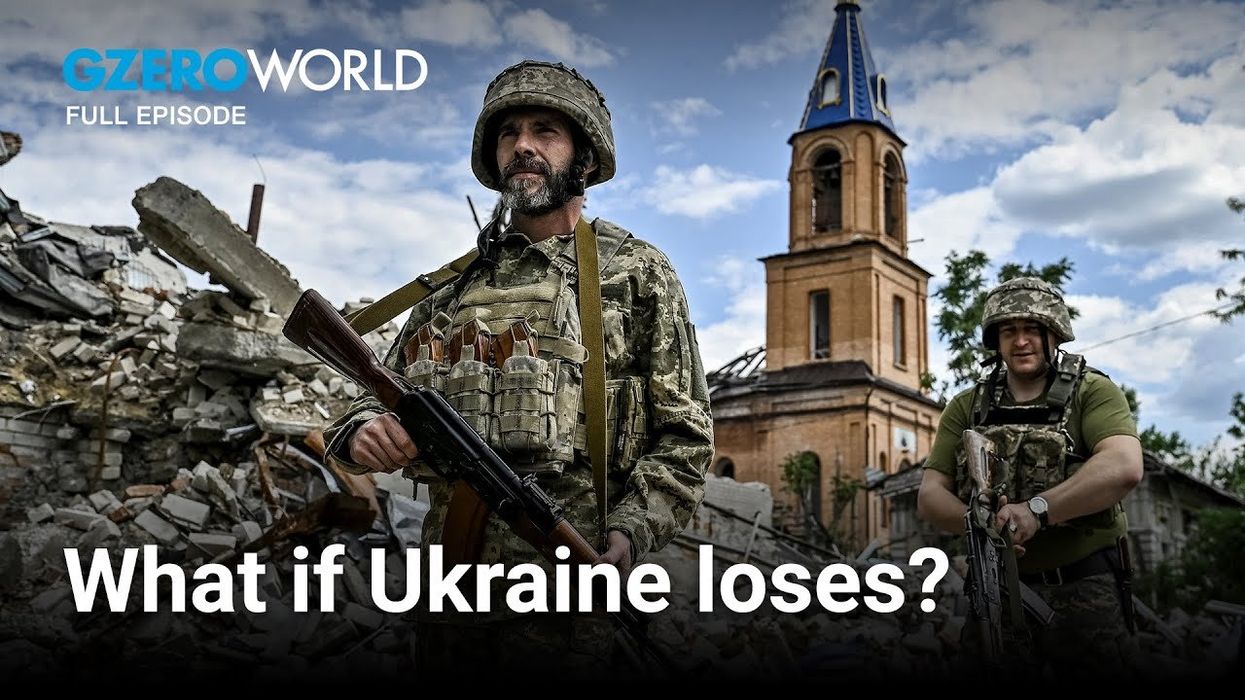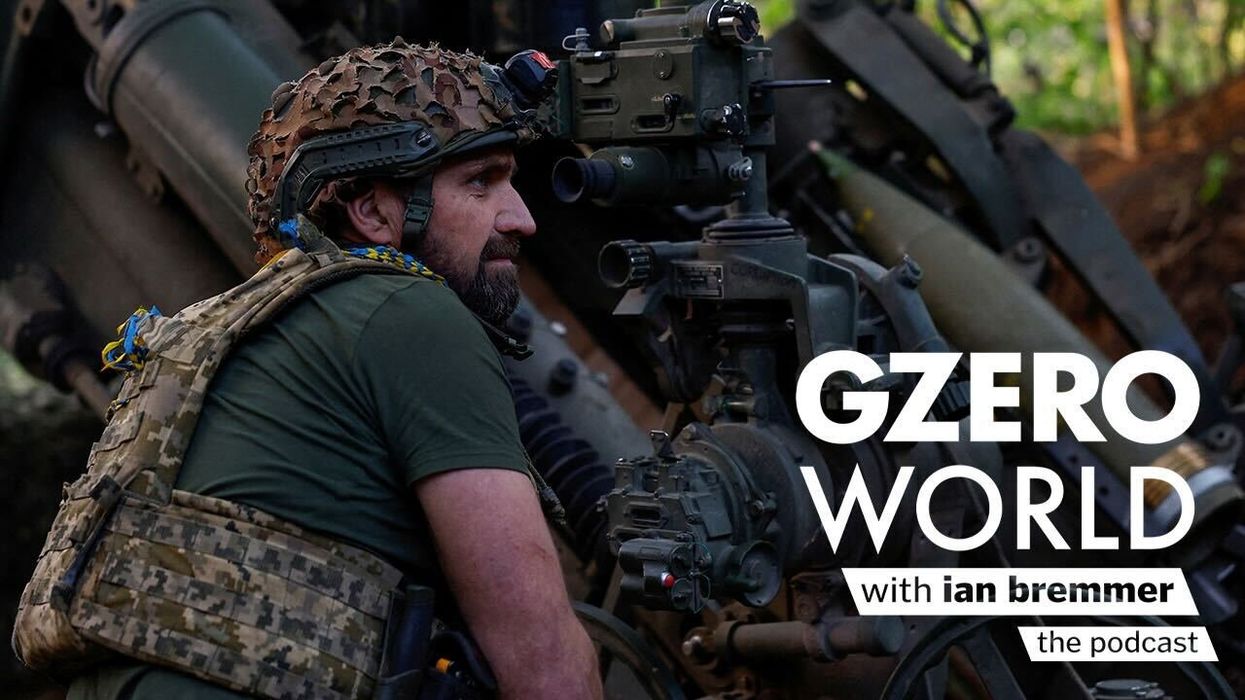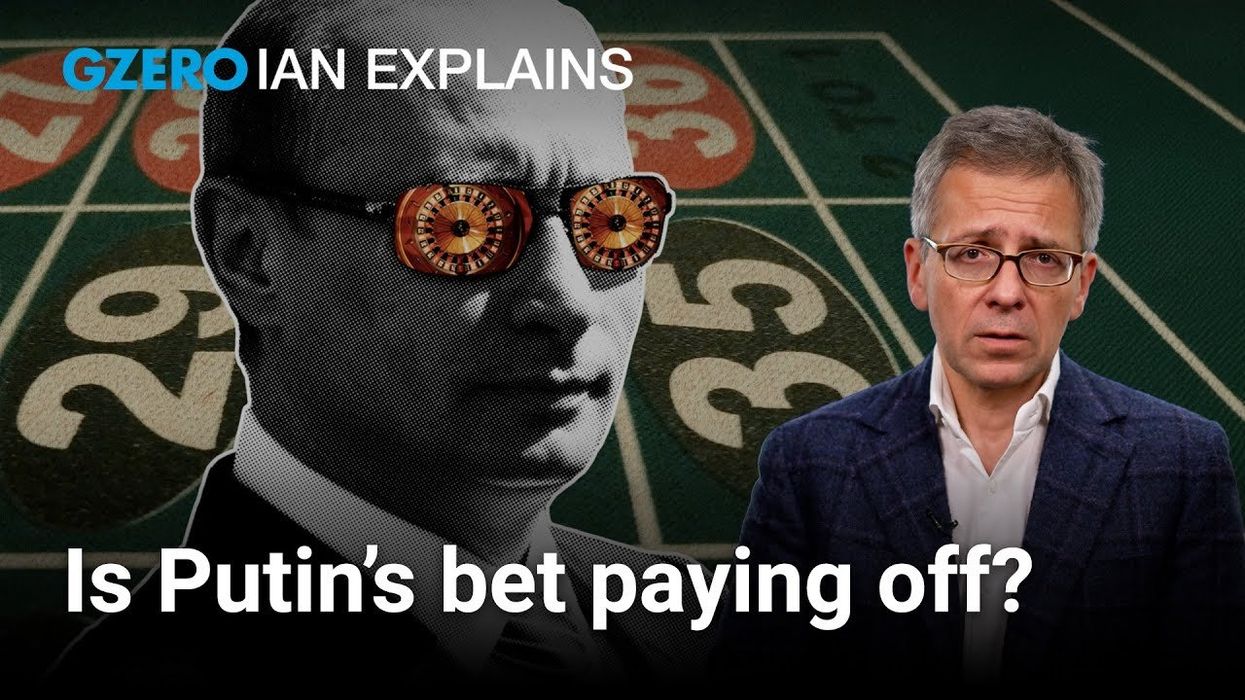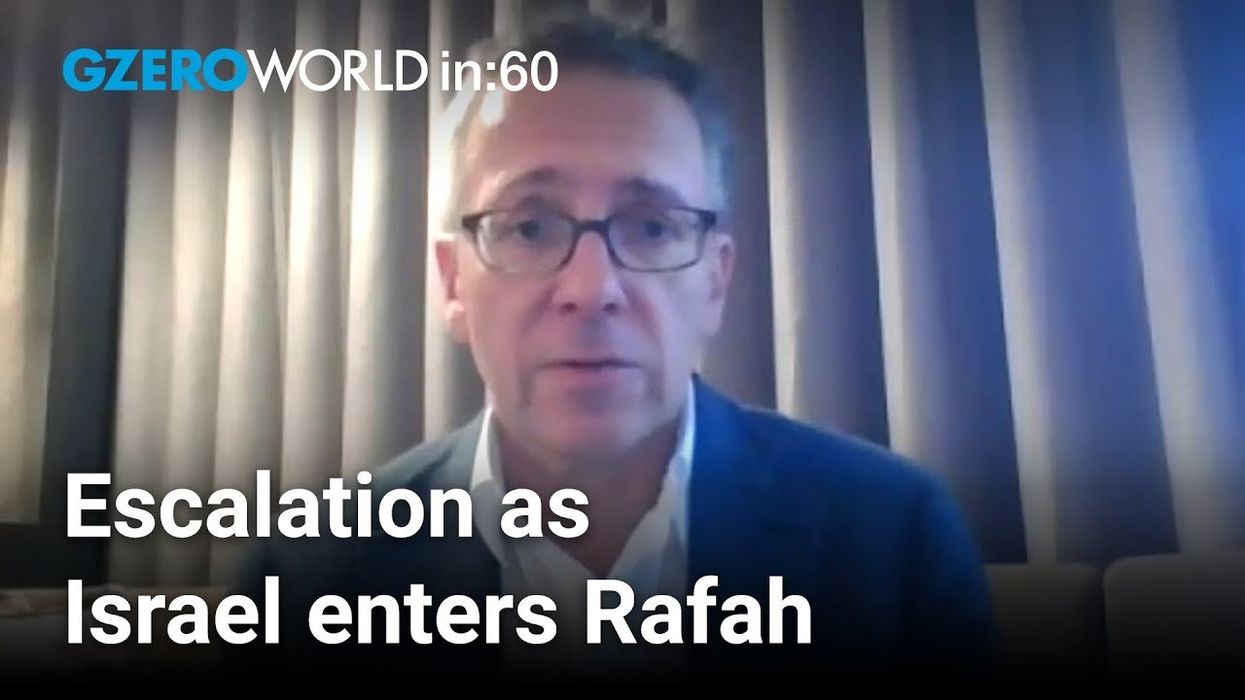What We're Watching
Putin issues grave warning to NATO over lifting Ukraine missile restrictions
The US and UK this week signaled that they’re leaning toward giving Kyiv permission to use Western-supplied long-range missiles against targets inside Russia.
Sep 12, 2024
